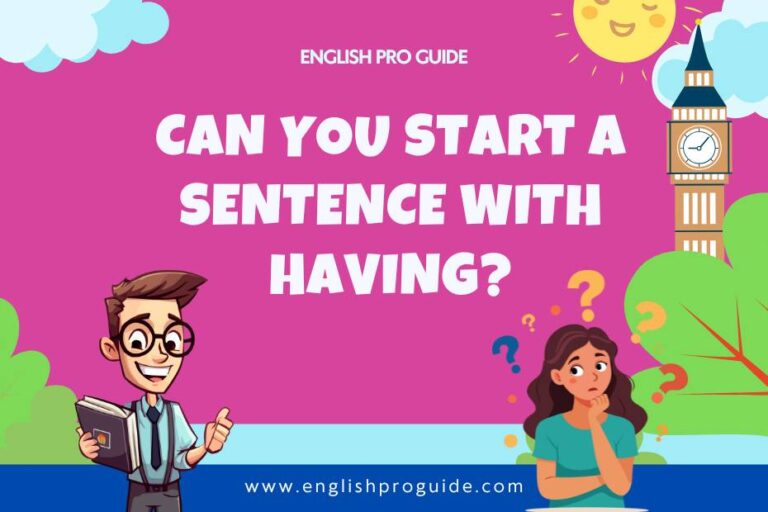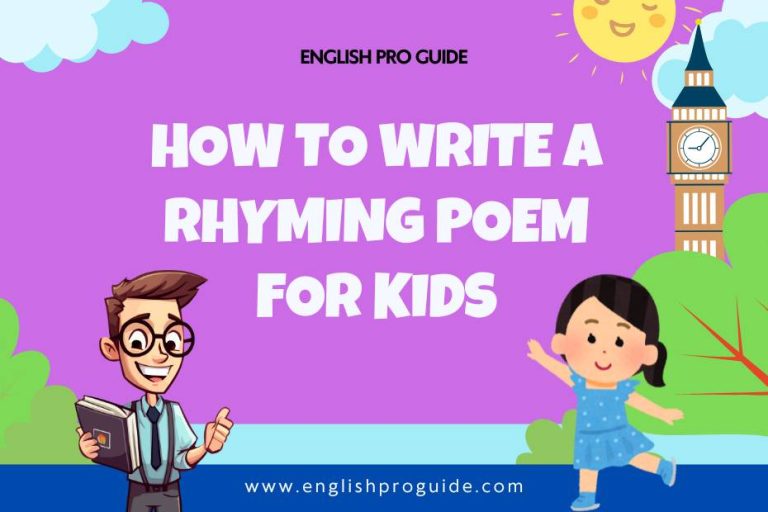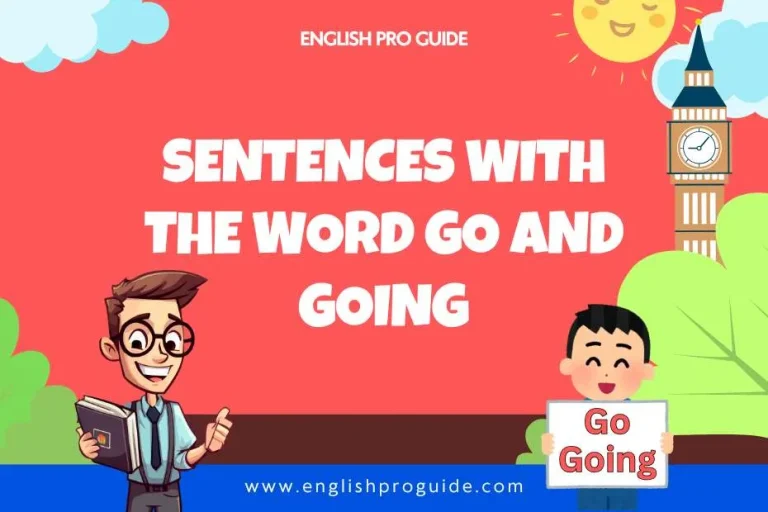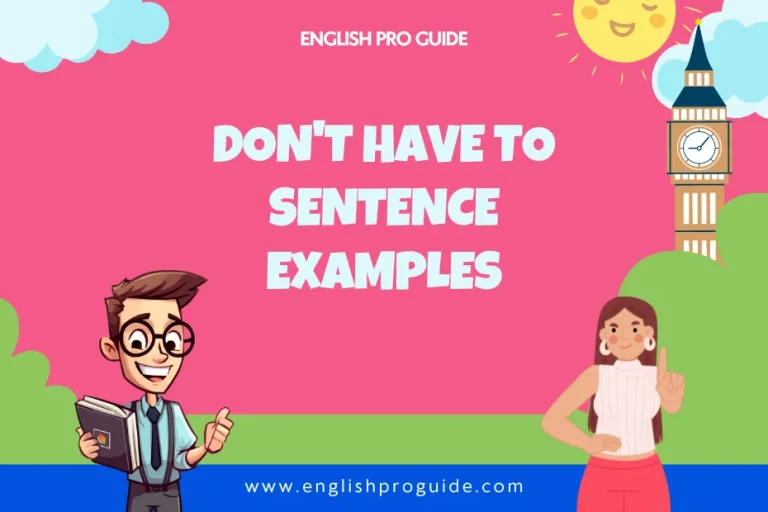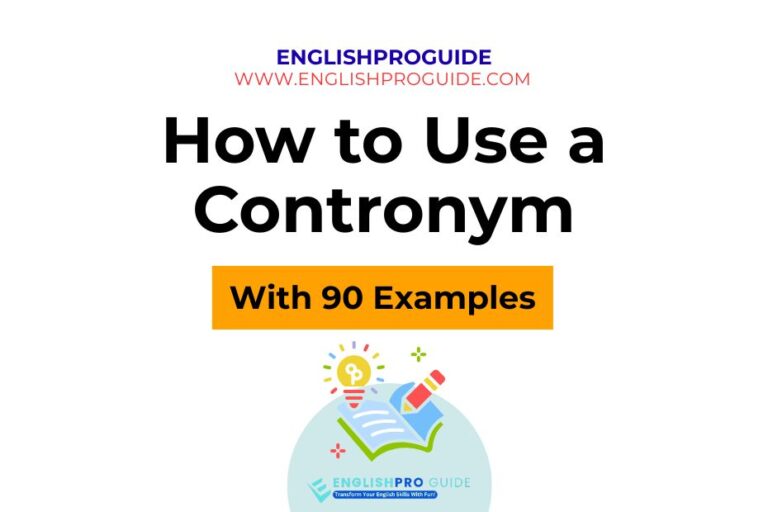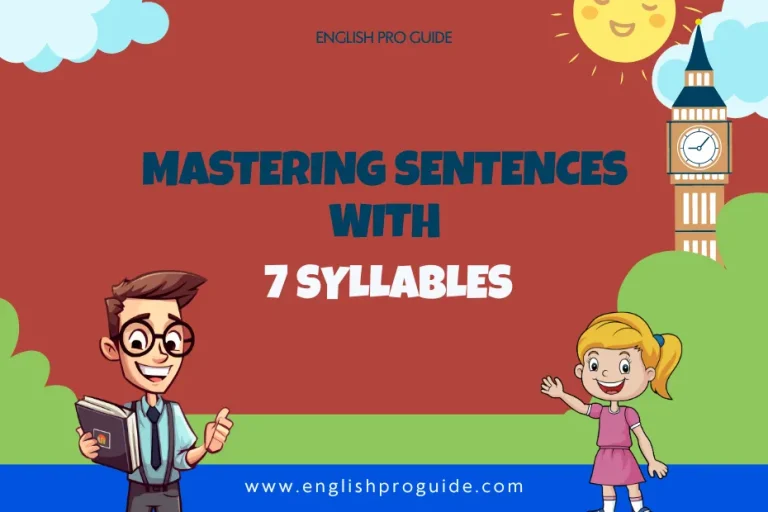Mastering Modal Verbs Usage in English With PDF
Modal verbs are an essential part of English grammar, making sentences more dynamic and versatile.
Whether you’re learning English or refining your skills, understanding the usage of modal verbs in English can significantly improve your communication.
In this post, we’ll dive into modal verbs, their usage, and provide a bonus usage of modal verbs pdf.
What Are Modal Verbs?
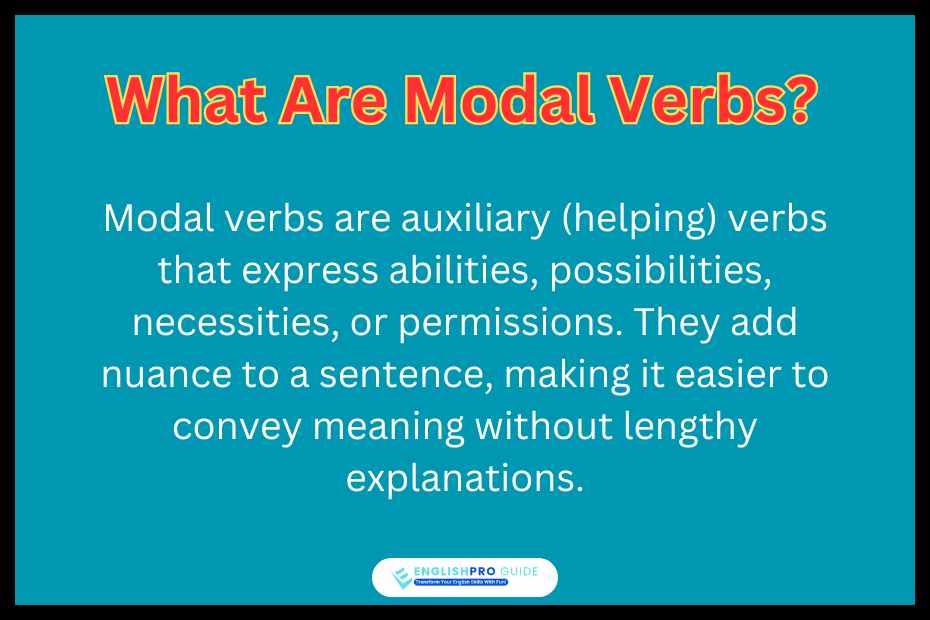
Modal verbs are auxiliary (helping) verbs that express abilities, possibilities, necessities, or permissions. They add nuance to a sentence, making it easier to convey meaning without lengthy explanations.
100 Examples of Modal Verbs and Their Usage
| Modal Verb | Usage | Example Sentence |
|---|---|---|
| Can | Ability | I can swim across the river. |
| Can | Permission | Can I borrow your book? |
| Can | Possibility | Anyone can win this competition. |
| Could | Past Ability | She could play the piano at the age of 5. |
| Could | Polite Request | Could you help me with this task? |
| Could | Possibility | It could rain later today. |
| May | Permission | You may leave early today. |
| May | Possibility | It may snow tonight. |
| Might | Possibility | We might visit the park later. |
| Might | Polite Suggestion | You might want to check your email. |
| Must | Obligation | You must wear a seatbelt while driving. |
| Must | Deduction | He must be at work; his car is in the parking lot. |
| Shall | Formal Suggestion | Shall we begin the meeting now? |
| Shall | Future Action (formal) | I shall return by evening. |
| Should | Advice | You should eat more vegetables. |
| Should | Expectation | The train should arrive soon. |
| Will | Future Intentions | I will call you tomorrow. |
| Will | Promises | We will always support you. |
| Will | Certainty | It will definitely be sunny tomorrow. |
| Would | Polite Request | Would you mind opening the window? |
| Would | Hypothetical Situation | I would buy it if I had enough money. |
| Would | Past Habit | He would always wake up early during his school days. |
| Can | Offer Help | Can I help you with that? |
| Could | Suggestion | You could try restarting your computer. |
| May | Permission (formal) | May I come in? |
| Might | Uncertain Possibility | She might join us for dinner. |
| Must | Prohibition (negative) | You must not smoke here. |
| Shall | Determination | I shall not give up. |
| Should | Obligation | You should apologize for your mistake. |
| Will | Spontaneous Decision | I’ll get that for you. |
| Would | Polite Offer | Would you like some coffee? |
| Can | Informal Permission | You can take my bike if you need it. |
| Could | Polite Offer | Could I get you a drink? |
| May | Probability | It may be difficult to find a solution. |
| Might | Remote Possibility | He might not attend the meeting. |
| Must | Necessity | You must complete the project by Friday. |
| Should | Recommendation | This book should be interesting for you. |
| Will | Habitual Actions | He will often talk for hours. |
| Would | Hypothetical Question | What would you do if you won the lottery? |
| Can | Offer | Can I carry your bag? |
| Could | Possibility (past) | It could have been worse. |
| May | Formal Offer | May I assist you with that? |
| Might | Past Possibility | He might have forgotten the meeting. |
| Must | Assumption | He must have left already. |
| Should | Mild Obligation | You should call your parents more often. |
| Will | Future Prediction | This will be a great event. |
| Would | Politeness | I would appreciate your advice. |
| Can | Possibility | It can happen to anyone. |
| Could | Hypothetical Ability | If I were taller, I could reach that shelf. |
| May | Granting Permission | You may use my laptop for your work. |
| Might | Uncertain Offer | I might help if I have the time. |
| Must | Strong Advice | You must read this article. |
| Shall | Polite Inquiry | Shall I open the window for you? |
| Should | Assumption | She should be home by now. |
| Will | Certainty (future) | You will succeed if you work hard. |
| Would | Desire | I would love to travel to Japan. |
Read More: What Are Verbs? the Power of Action Words
Modal Verbs and Their Usage In Daily Life
Let’s explore the most common modal verbs and how to use them in English sentences:
1. Can and Could
- Can is used to express ability or permission:
- Example: I can speak three languages.
- Example: You can borrow my book.
- Could is the past form of “can” or used to express polite requests or possibilities:
- Example: She could swim when she was five.
- Example: Could you help me with this problem?
2. May and Might
- May is used to express permission or probability:
- Example: You may leave early today.
- Example: It may rain later.
- Might indicates a lower possibility than “may”:
- Example: I might attend the event if I finish my work.
3. Must and Have To
- Must conveys strong obligation or necessity:
- Example: You must wear a helmet while riding a bike.
- Example: This room must be cleaned today.
- Have to is a common alternative to “must” for expressing obligations:
- Example: I have to submit my assignment by tomorrow.
4. Shall and Should
- Shall is often used in formal suggestions or offers:
- Example: Shall we go for a walk?
- Example: You shall receive your parcel tomorrow.
- Should expresses advice or recommendations:
- Example: You should exercise regularly to stay healthy.
5. Will and Would
- Will expresses future intentions or decisions:
- Example: I will call you later.
- Example: This will definitely work.
- Would is used for polite requests, hypothetical situations, or past habits:
- Example: Would you like some coffee?
- Example: He would often read books in the evening.
How to Practice Modal Verbs Usage in English
- Daily Conversations: Use modal verbs in everyday dialogues, like asking for permission (May I borrow this pen?).
- Writing Practice: Write short paragraphs or journal entries using modal verbs.
- Reading Examples: Notice how modal verbs are used in books, articles, and advertisements.
For a structured approach, download our usage of modal verbs PDF, which includes practice exercises, real-life examples, and a quick-reference chart for all modal verbs.
Download: Usage Of Modal Verbs Pdf
We’ve created a free, easy-to-read PDF on modal verbs and their usage to help you learn anytime, anywhere. This guide includes:
- Definitions and examples of modal verbs.
- Tips for using them naturally in sentences.
- Exercises to test your understanding.
Final Words: Why Mastering Modal Verbs is Important
Modal verbs enhance your language skills by allowing you to:
- Express yourself clearly and confidently.
- Add subtlety and professionalism to your speech or writing.
- Avoid common grammatical mistakes.
With consistent practice, you’ll notice how modal verbs simplify English conversations and make you sound more fluent.
Mastering modal verbs usage in English is a game-changer for learners.
Use this guide, practice regularly, and download the usage of modal verbs PDF to take your learning to the next level. Let us know in the comments which modal verb you find most challenging!

